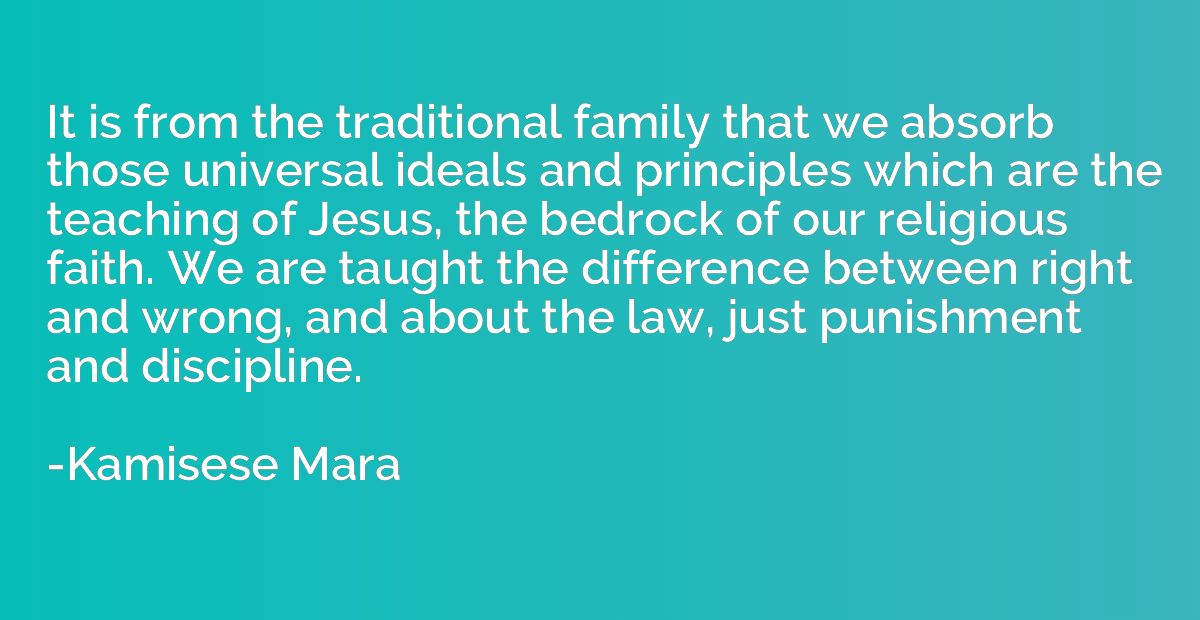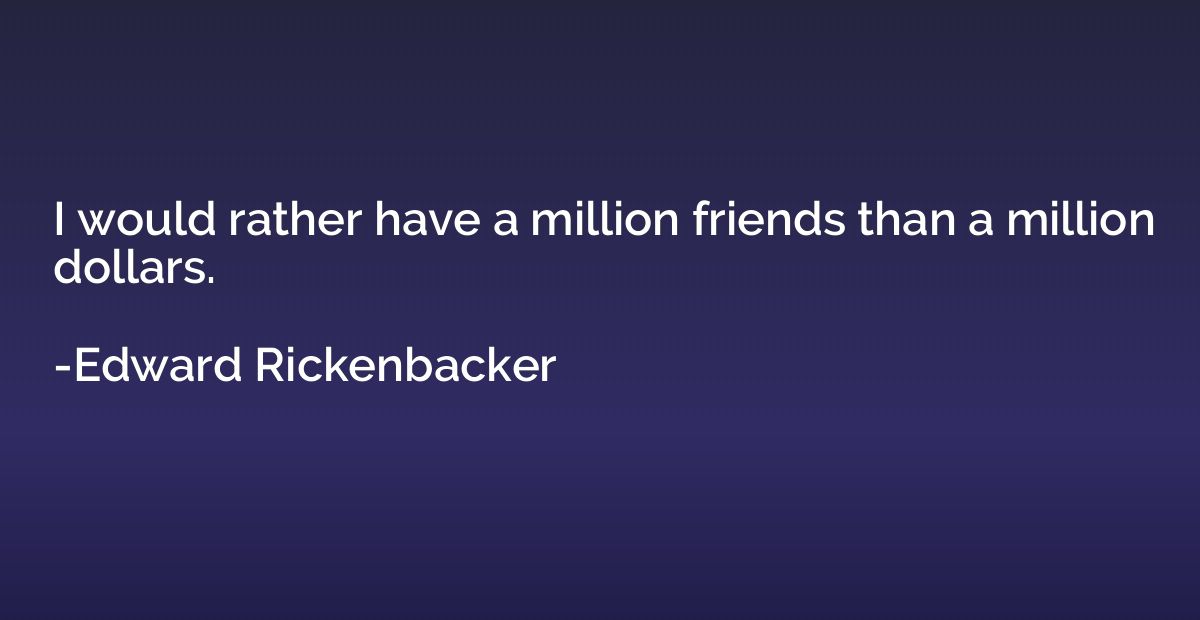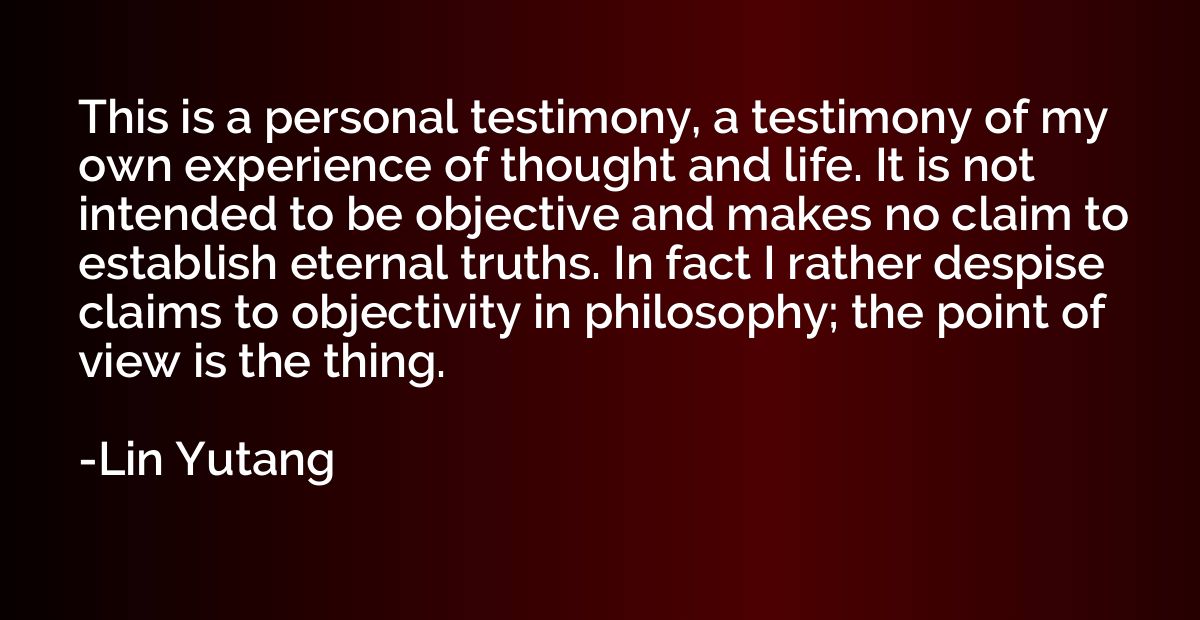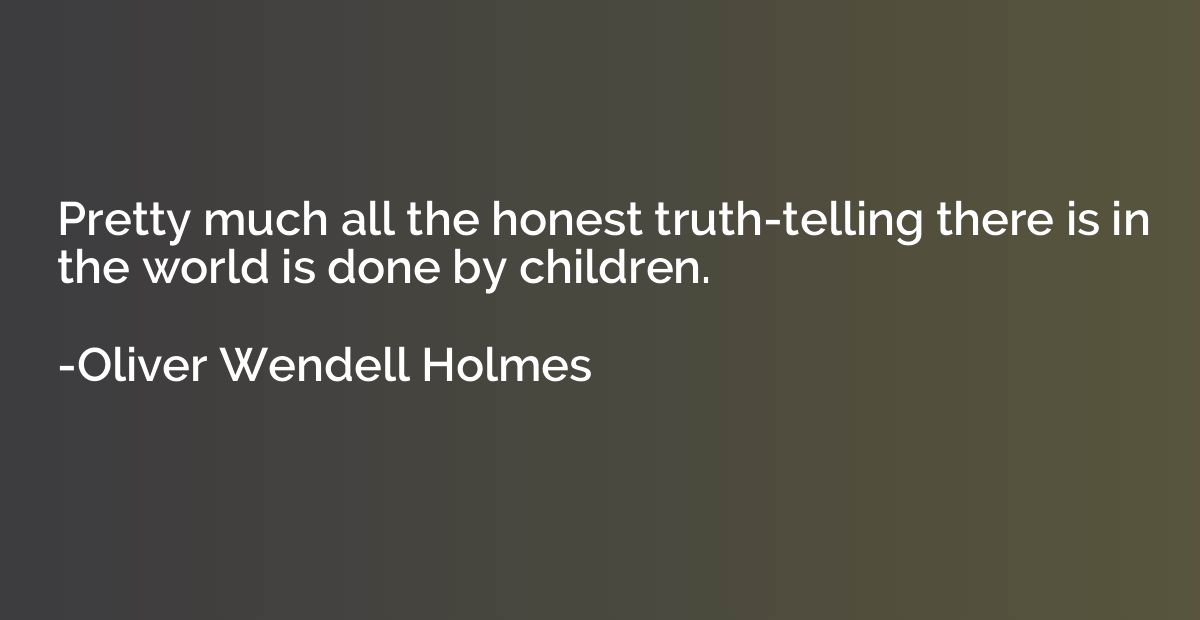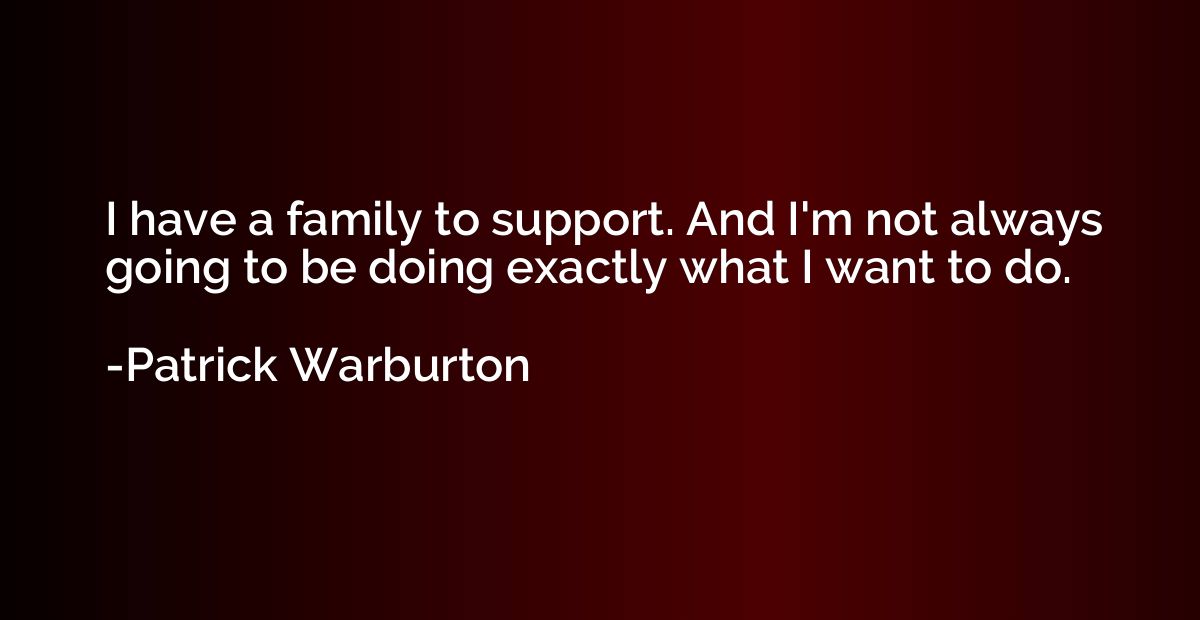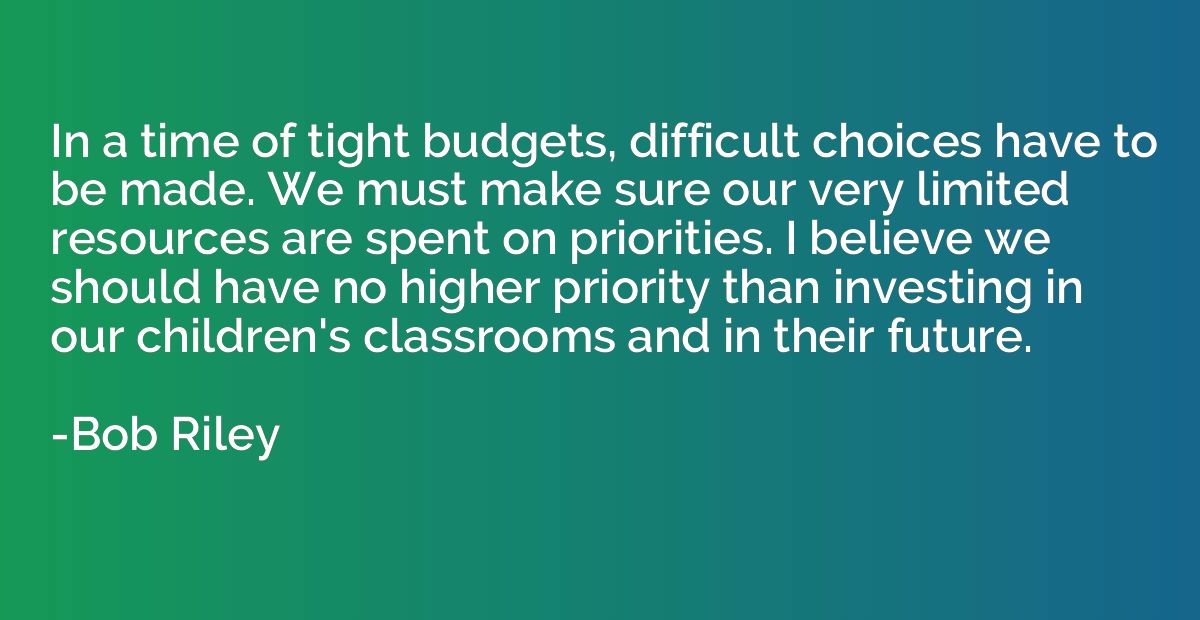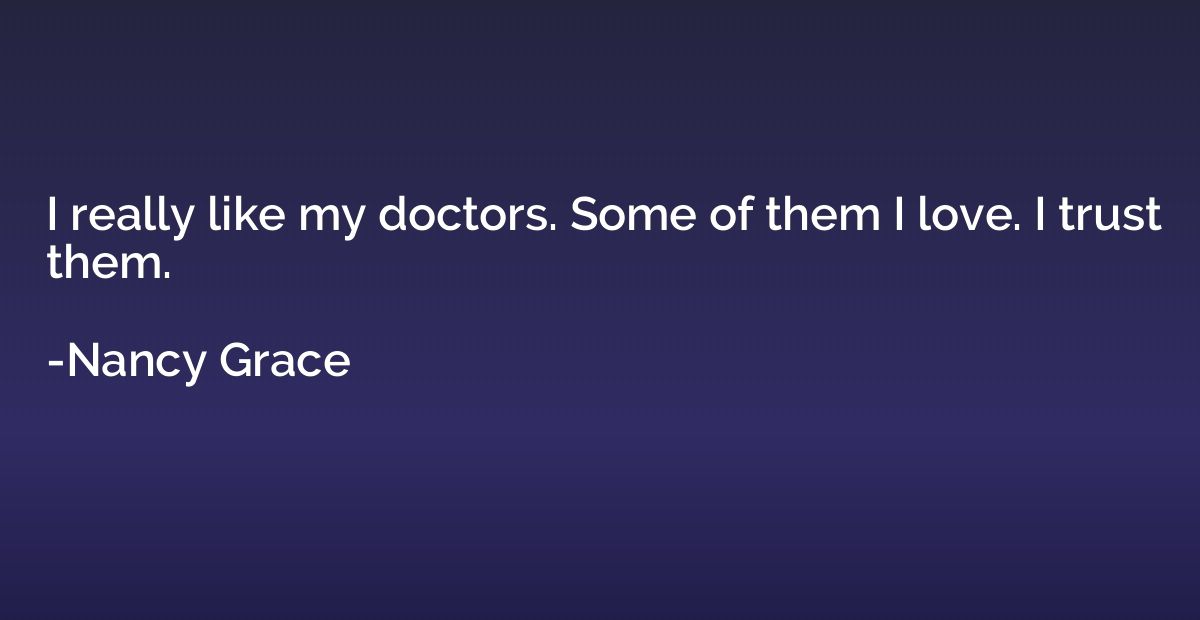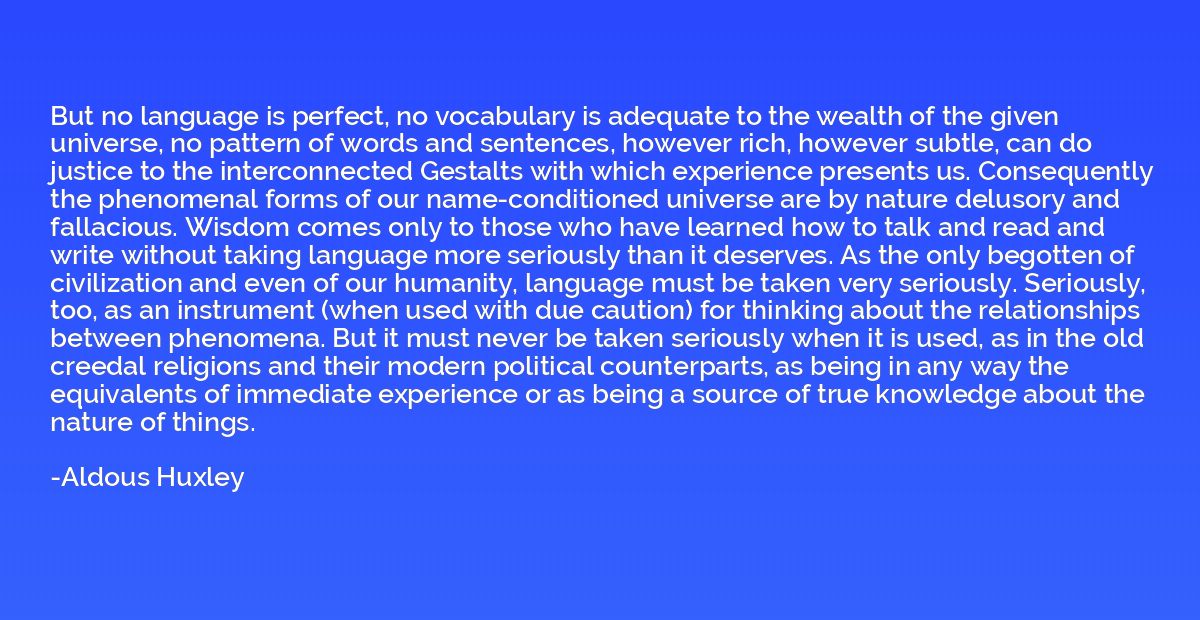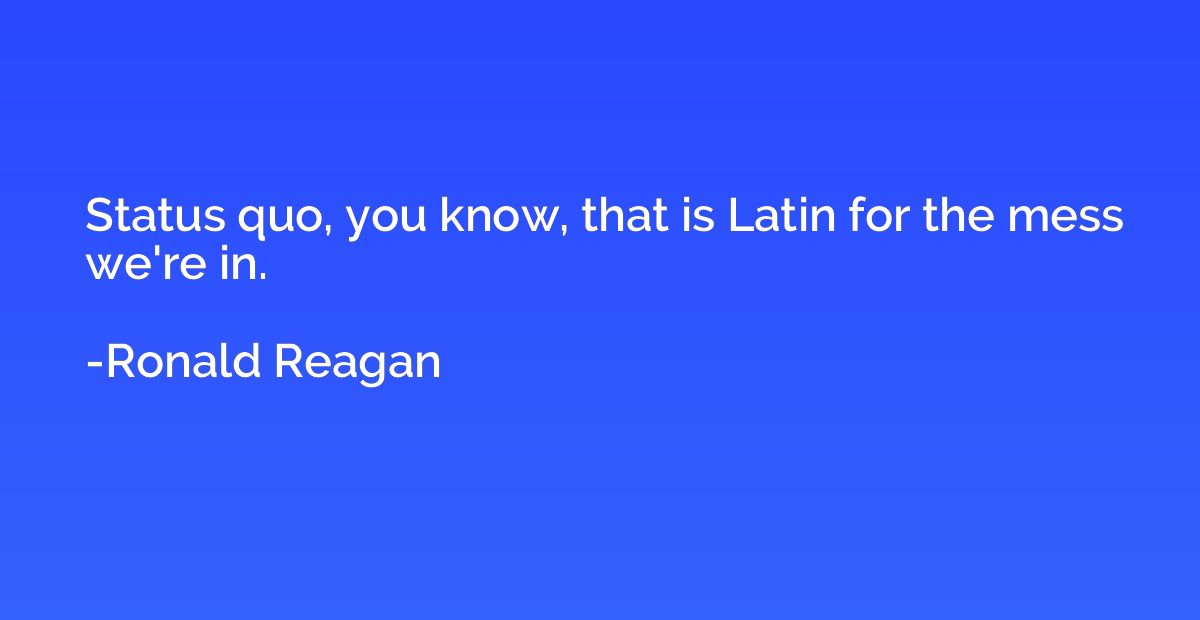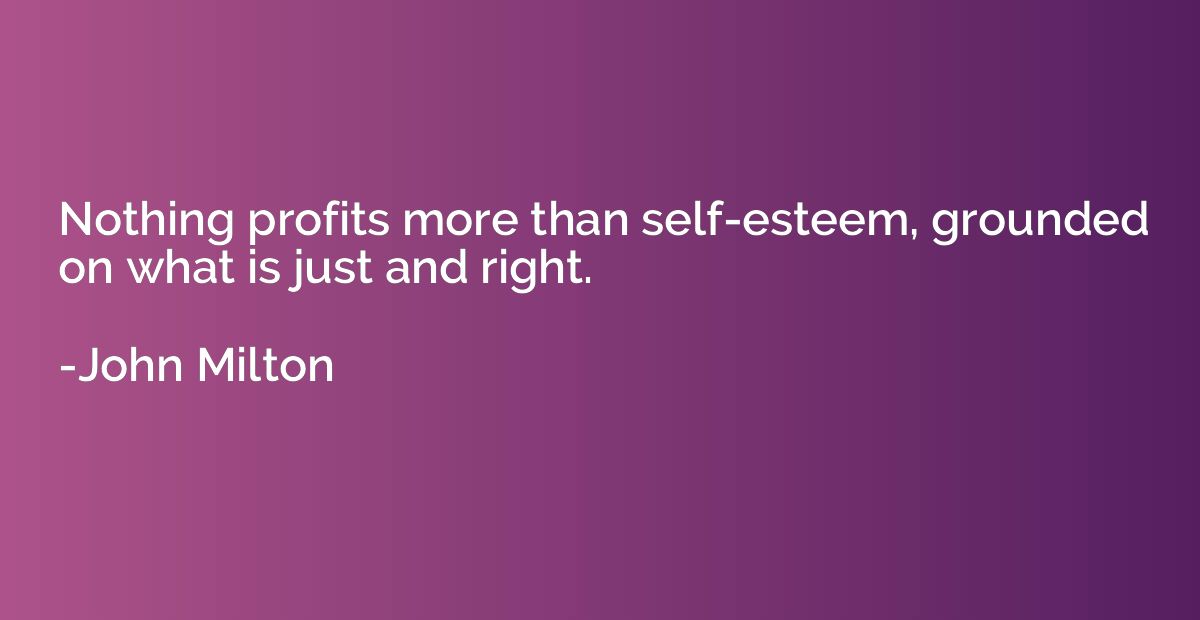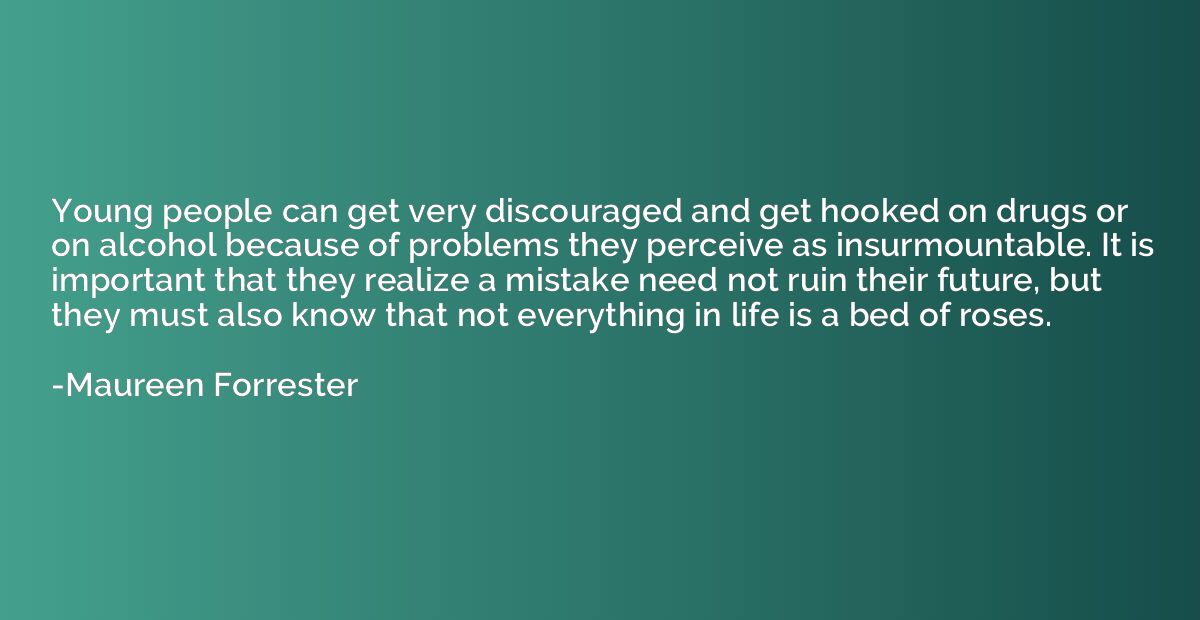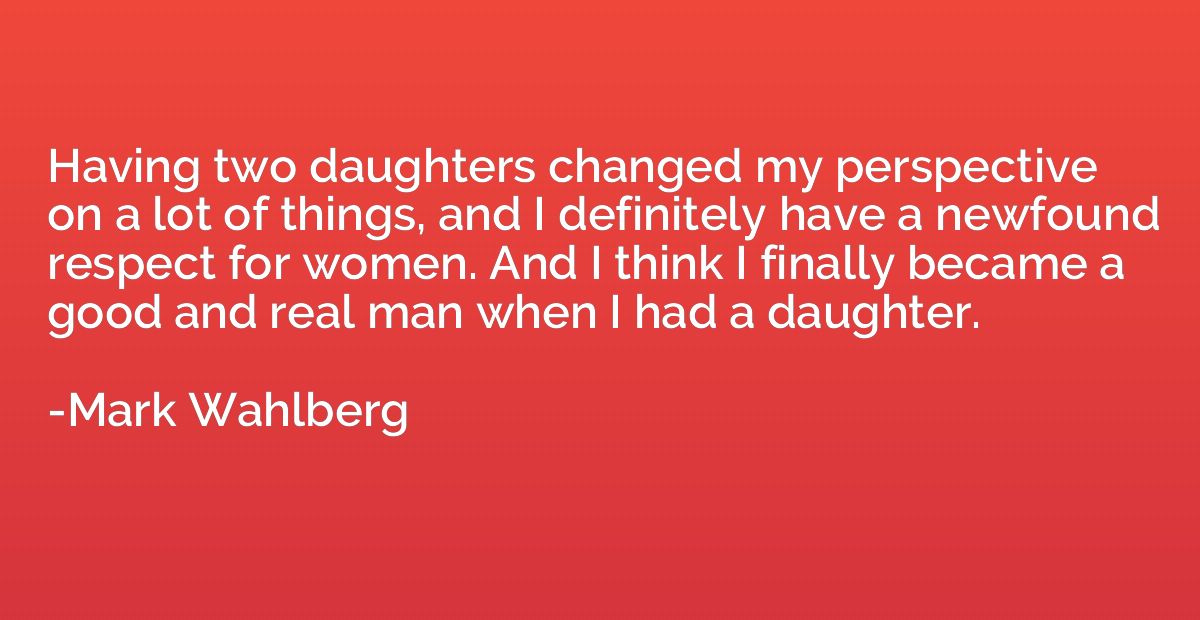Quote by Albert Camus
Revolt and revolution both wind up at the same crossroads: the police, or folly
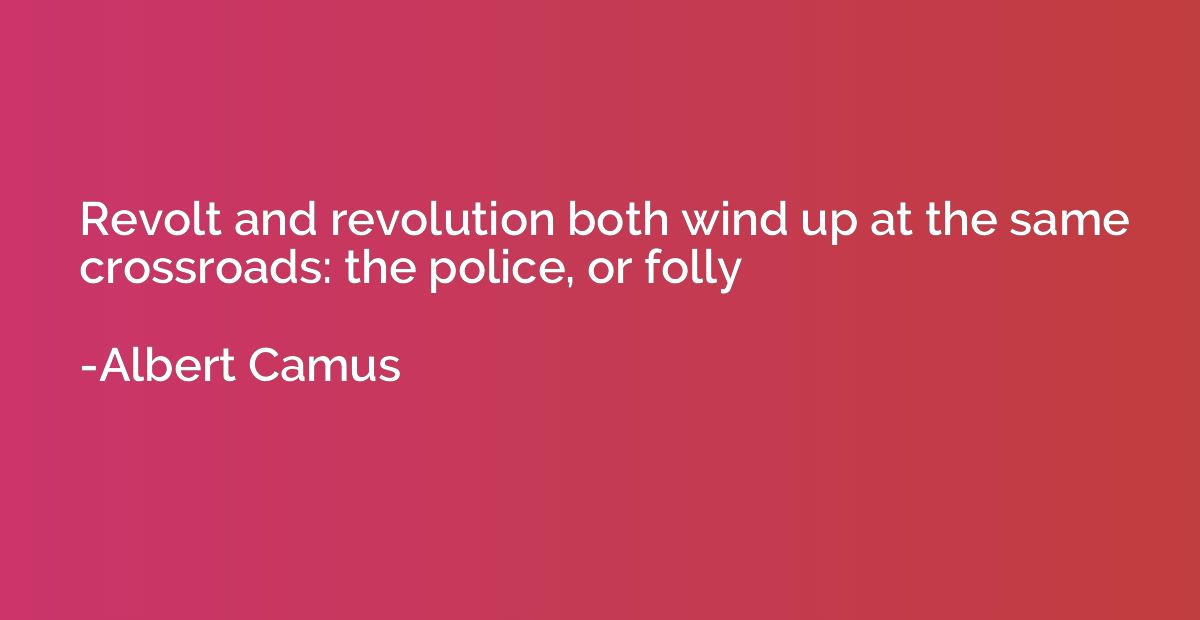
Summary
This quote suggests that both revolt and revolution inevitably lead to the same outcome. They ultimately face a choice between confronting the oppressive forces represented by the police or succumbing to foolishness and failure. It implies that the path to challenging and changing authority is often difficult and risky, with the potential for violent clashes against those who maintain the status quo. However, it also warns against reckless actions that may undermine the movement's objectives, highlighting the importance of strategy and intelligence in pursuing meaningful change.
Topics
Revolution
By Albert Camus



